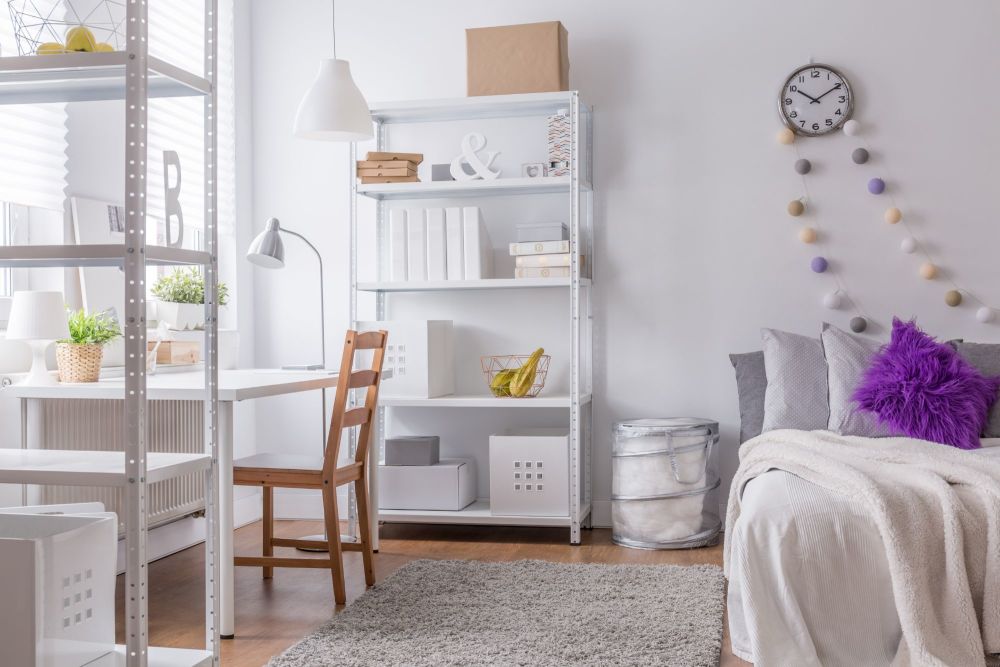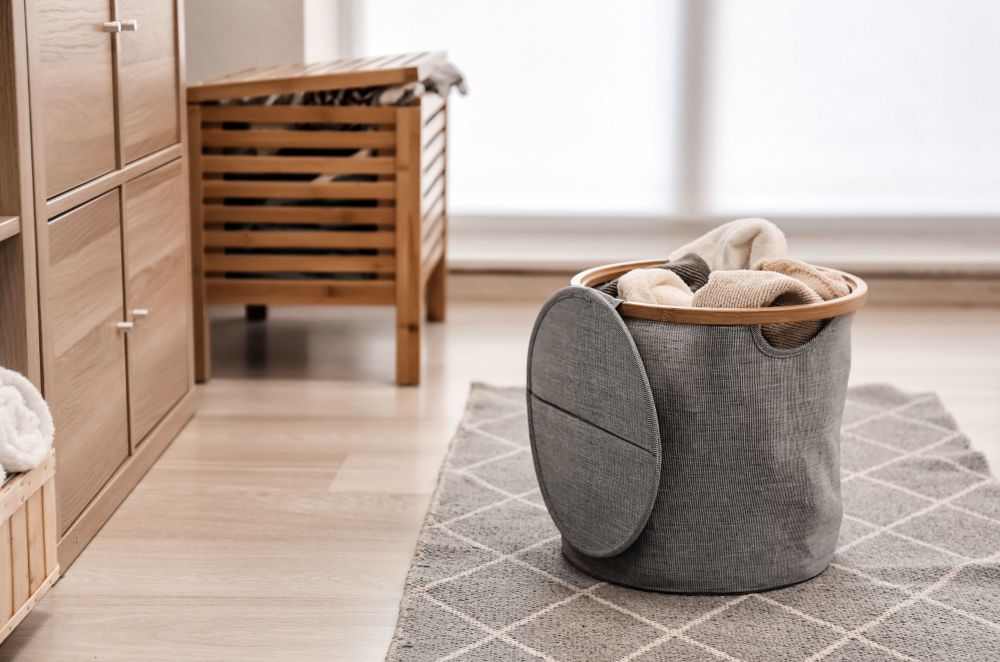Are social networking sites unhealthy for teens?
Posted on
If you have a teenager, you will know how much time they "want" to spend on social media, so we have been looking at whether the use of Instagram and Snapchat is hindering the development of relationship skills for teens? One study suggests that it depends on the teenager. Some psychologists believe that social networking sites have tuned the internet into a more intimate and safer place for teens and young adults than it was ten years ago.

Parents of teens have good reason to be skeptical and seek answers about teenage activities that weren’t available when today’s parents were coming of age. It's normal for parents to wonder whether it is healthy for teens and young adults to spend a bulk of time instant messaging or updating their Instagram grid or Snapchat story.
News reports and daytime talk shows continue to warn parents about teen internet use, online bullying and sexual harassment issues that teens may encounter online. Most parents of teens would admit they wonder about the kinds of messages teenagers are writing back and forth to each other online. Some parents of teens also wonder if using social networking sites prevents young adults from learning relationship skills.
Psychologists at the University of Amsterdam, Patti Valkenburg and Jochen Peter have studied internet use for teens for the past ten years. In the 1990’s, only one in ten teens routinely used the internet and ones who did had only public chat room sites for interaction. In the twenty first century, the world-wide-web has experienced an explosion in networking opportunities.

In Social Consequences of the Internet for Adolescents: A Decade of Research (Current Directions in Psychological Science, February 2009), Valkenburg and Peters credit networking sites like Facebook for the increase in positive interactions for teens on the internet. They believe that social networking sites have created a more intimate atmosphere where teens and young adults are more likely to connect with peers and discuss personal issues in a positive way.
Research can offer a bit of comfort for parents of teens who are concerned about internet use and its effect on relationship skills. Although studies can show the positives of sites like Facebook and others, as parents we should always continue to monitor internet use and activity for teens and young adults and educate adolescents about unsafe internet practices as well as promote face-to-face relationships for teenagers.
Easier said than done though eh?









